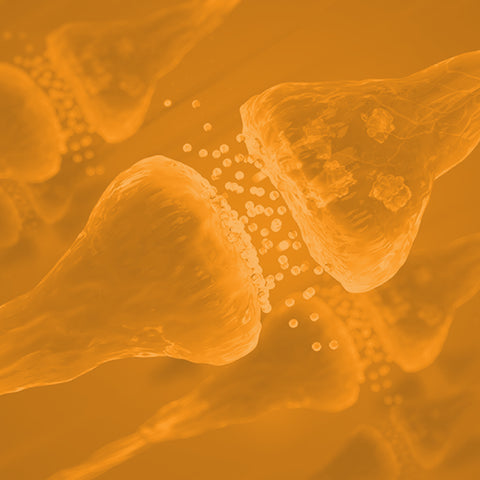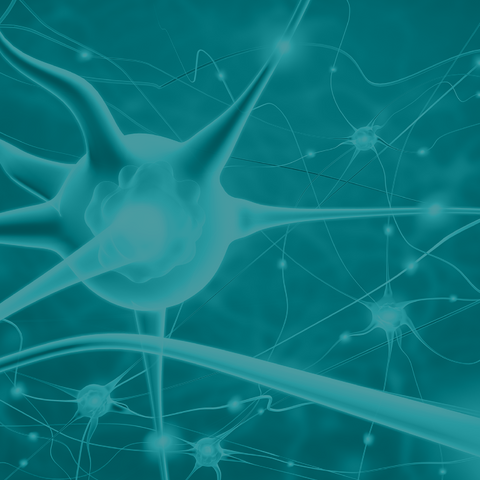Learning & education: neurons

Acquiring new knowledge is beneficial for the brain, but not all types of learning can lead to the formation of new synapses. To foster the formation of new synapses, it is important to challenge the brain to coordinate and perform complex movements in conjunction with a specific task [38].

Do you remember the last time you did something for the first time? Maybe it was the first time you took a solo travel trip, tried to start learning a new language or yes, even THAT first time (wink wink). It was probably awkward and at least mildly uncomfortable. But before you knew it, something clicked and you grasped the basics (yes, even THOSE basics!).
